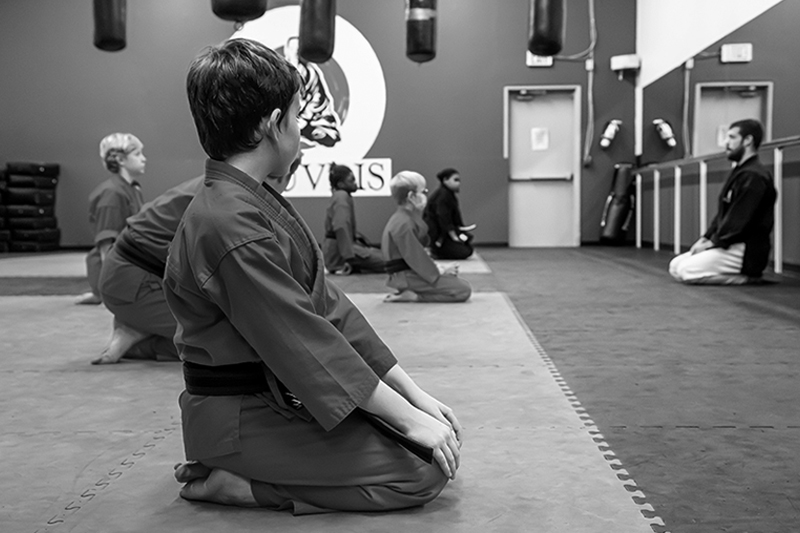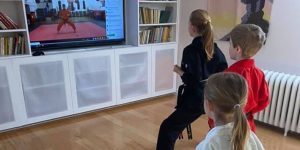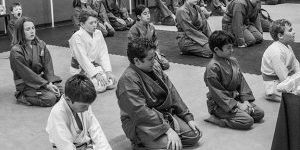Teaching Humility Through Karate: The Importance and Benefits

“Being humble is considering others as important as yourself. It is being thoughtful of their needs and willing to be of service. Humility reminds you to be thankful instead of boastful.” Humility is defined as a sense of one’s freedom of pride and ignorance. In doing so, one truly becomes their humble self. Some may believe that expressing humility is a sign of weakness. However, it could not be more of the opposite. The act of humility through karate and martial arts teaches us that is instead a true sign of inner strength.
Humility Through Karate: Accepting Our Strengths and Limitations
Having a sense of humbleness often too comes with a sense of self-awareness of one’s capabilities. What is meant by that, is an understanding and acceptance of our strengths and limitations. By doing so, it is easier to do things like:
- Set achievable goals: Being mindful, or humble, of where one sits within their level of experience allows them to identify both the areas they excel in and the areas that they could improve in. In turn, creating a healthy awareness of one’s self.
- Maintain a sense of kata. Kata refers to the fundamental movements of martial arts and requires a deep level of focus. Again, showing humility through karate creates a balance in which students can go about their level of performance.
- Improve upon one’s level of self-confidence. When one is overly assured and confident, it can create a false sense of reality. Believing that a goal, feat, or task is absolutely guaranteed due to one’s lack of humility can lead to feelings of failure depending on the result. In turn, one achieving identical tasks who has a sense of humility can result in the opposite and improve upon their level of confidence.
Working on Ourselves with Humility Through Karate
Throughout the art of karate, it is frequently emphasized that nobody is absolutely perfect. However, it is possible to become better and greater at things through the help of one’s peers, senseis, and values. The first step is understanding one’s limitations. Using one’s sense of humility and recognizing where one can improve is the first step toward growth in the dojo.
“If you are the smartest person in the room, you are in the wrong room.”
Learning to take advice and lessons from one’s peers and sensei can help one improve upon themselves and their skills as well as open a door to a wealth of endless knowledge. There is no straight line when it comes to karate. Some may master techniques that others may struggle to learn the basics of, and vice-versa. However, a willingness to seek guidance can always help one do better. Or at the very least, try to do better, which is oftentimes just as important.
Douvris is a karate family full of experienced and award-winning players in the martial arts world. Since 1984, our goal has been to impart our years of knowledge to each and every student that enters the dojo. We do so by offering a low student-to-teacher ratio, an emphasis on character development, and a very strong kinship. You can learn more about our unique approach here.
Leaving Your Ego at the Door
It all begins with a friendly bow at the front door. One of the first rules one learns in the dojo is how to leave their ego outside. Why? After centuries of teaching the art of karate, it is proven to open one up to the idea of learning and growing.
Learning is in reference to the prior overview and explanations of one becoming educated on new concepts, values, and tasks. However, growing is in reference to how one acts throughout this process. Failing and continuing to pick oneself back up and try again cultivates an inspiring level of inner strength.

Final Notes
Like other lifelong skills developed in the dojo, humility is a trait that sticks with one through all stages of their life. Being self-aware of this in work, school, and relationships is the first step toward true self-understanding. You can learn more about our tykes, kids, youth, and adult karate programs here.
Please note this article is based on our own thoughts and has not been formally approved by a healthcare or fitness professional.





